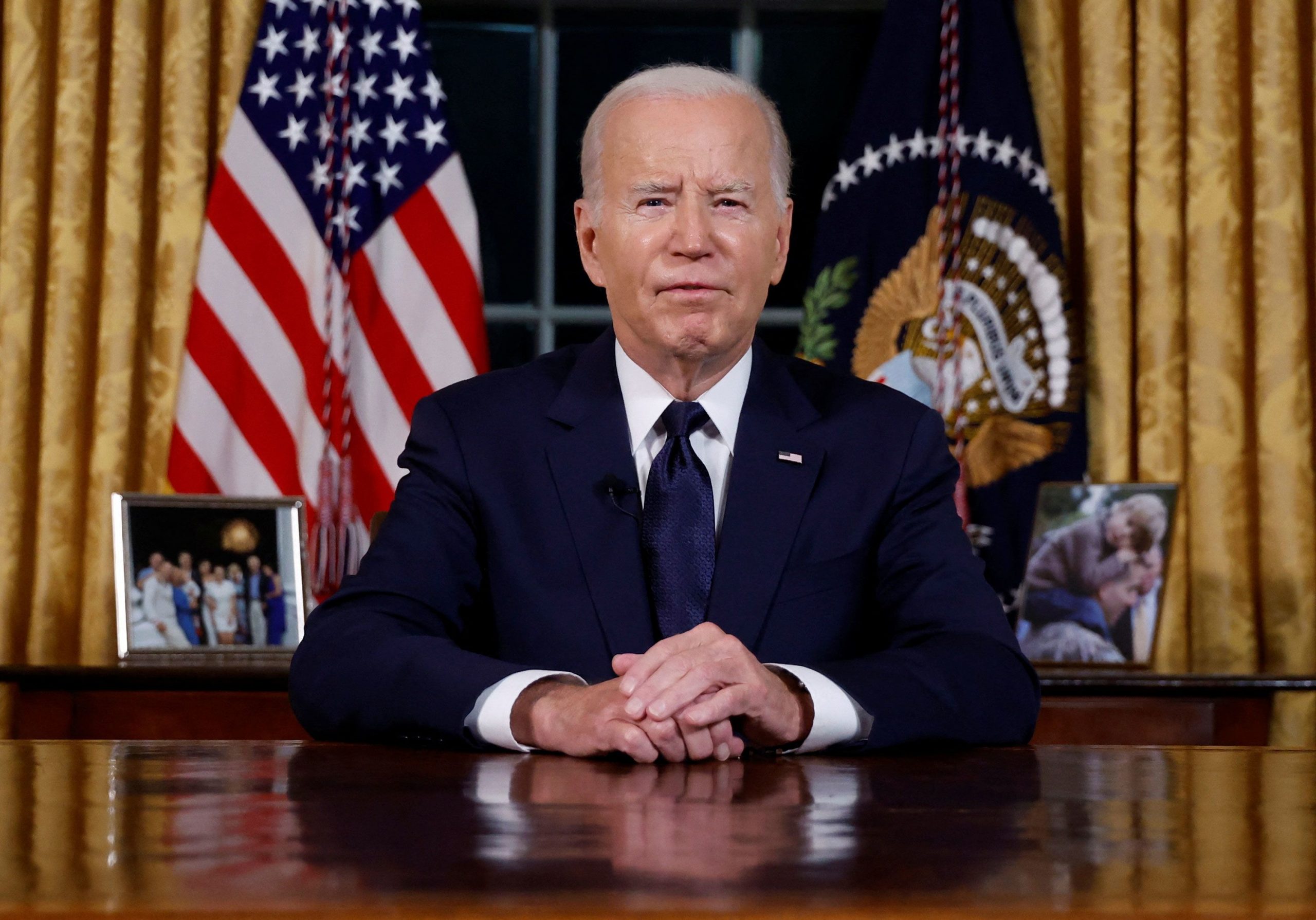The 2024 election looms large, casting a long shadow of apprehension, not just over political divisions but also over the potential social media meltdown it may trigger. With the ever-present threat of disinformation, bots, and online manipulation campaigns, can we handle another election cycle flooded with digital muck?
The Rise of the Disinformation Machine:
Social media platforms have become breeding grounds for misinformation. Algorithms amplify sensational content, fake news travels faster than truth, and deepfakes blur the lines between reality and fabrication. Malicious actors, foreign and domestic, exploit these vulnerabilities to sow discord, manipulate public opinion, and sway elections.
Echo Chambers and Confirmation Bias:
Social media algorithms tend to create echo chambers, feeding users content that confirms their existing beliefs and filtering out opposing viewpoints. This leads to polarization, hinders critical thinking, and makes individuals more susceptible to misinformation that aligns with their biases.
Targeted Manipulation and Bots:
Sophisticated bots can flood platforms with misleading content, create artificial trends, and harass or silence opposing voices. Targeted campaigns can exploit individuals’ personal data and vulnerabilities to tailor disinformation that resonates with their fears and aspirations.
The Erosion of Trust:
The constant bombardment of misinformation erodes trust in institutions, media outlets, and even democracy itself. When facts are blurred and truth becomes debatable, public discourse suffers, and decision-making becomes clouded by uncertainty and fear.
Can We Navigate the Digital Minefield?
Despite the grim outlook, there are glimmers of hope. Here are some potential ways to mitigate the negative effects of social media during the 2024 election:
- Fact-checking initiatives: Journalists, researchers, and independent organizations can work together to debunk misinformation and provide reliable sources of information.
- Media literacy education: Equipping citizens with the tools to critically evaluate online content, identify bias, and recognize manipulation tactics is crucial.
- Platform accountability: Social media companies must be held accountable for the content hosted on their platforms and take proactive steps to combat disinformation campaigns.
- Individual responsibility: Each user has a role to play in verifying information, sharing credible sources, and challenging unverified claims online.
A Call to Action:
The 2024 election is a chance to rise above the digital din and reclaim the power of informed discourse. We must demand accountability from social media platforms, support fact-checking initiatives, and actively engage in critical thinking when navigating the online landscape.
Remember, the future of our democracy depends on our collective ability to combat misinformation, promote responsible online behavior, and hold all actors accountable for shaping a constructive and truthful digital environment. Let’s ensure that the 2024 election is not a social media meltdown, but a testament to the resilience of democratic values and the power of informed citizens.
Together, we can navigate the digital minefield and create a healthier, more informed online space where truth finds its rightful place, and responsible voices guide the direction of our nation.
